What does peony smell like?
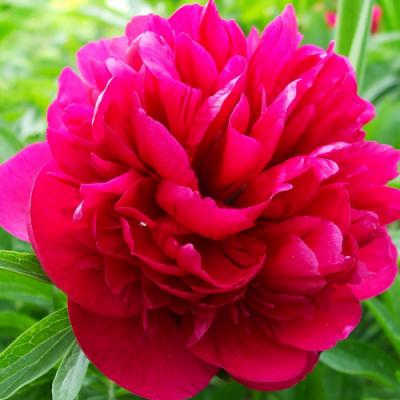
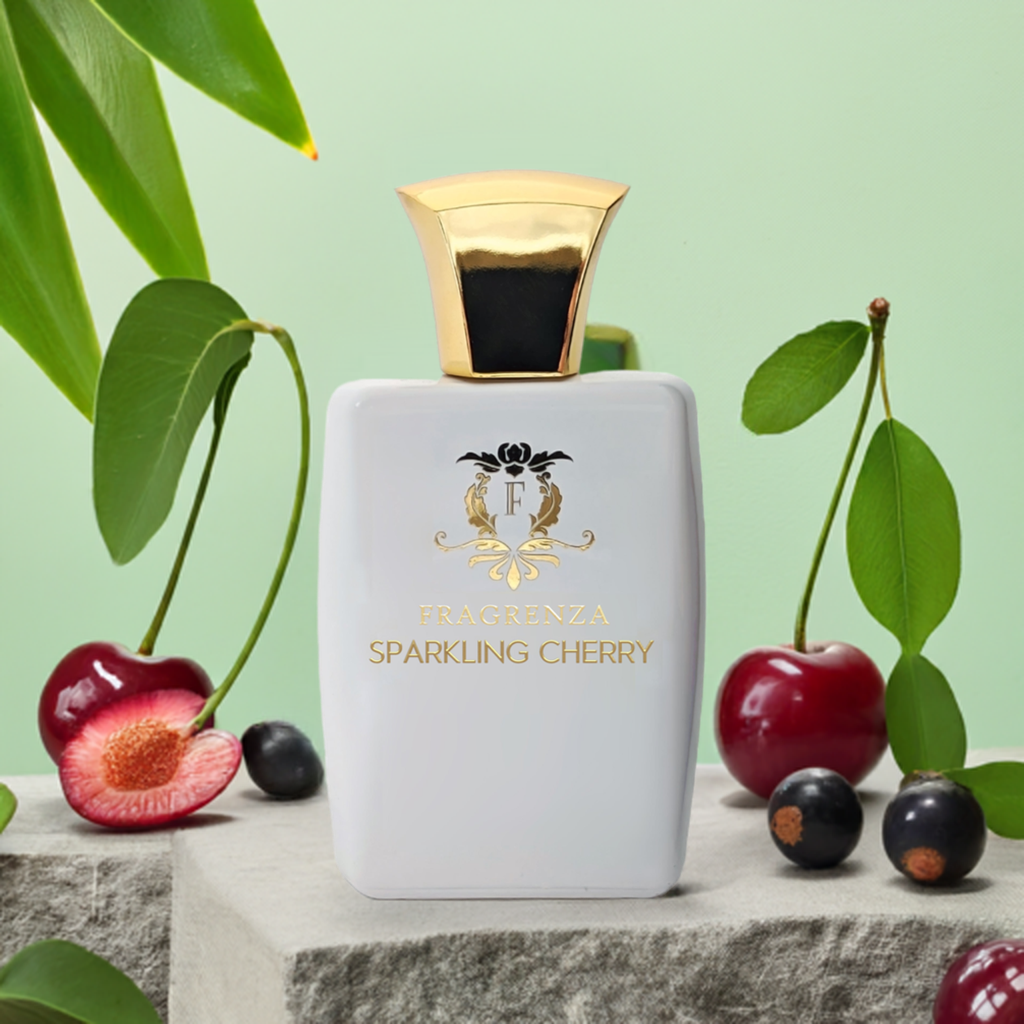
High-Quality Niche Fragrances: 70-90% Savings by Cutting Retail Markups, Celebrity Marketing, and...

Adeline PDM Delina dupe Better Peach Tom Ford Bitter Peach dupe Chloris Gardenia Gucci Flora Gorgeous Gardenia dupe Fearless Love Kilian's Love, Don't Be Shy dupe Selvaggio Dior's Sauvage dupe Addict Noir YSL's Black Opium dupe Empress D&G's L'Imperatrice dupe Divino Bleu de Chanel dupe Lo amo J’Adore Dior dupe Pretty Girl Carolina Herrera's Good Girl dupe
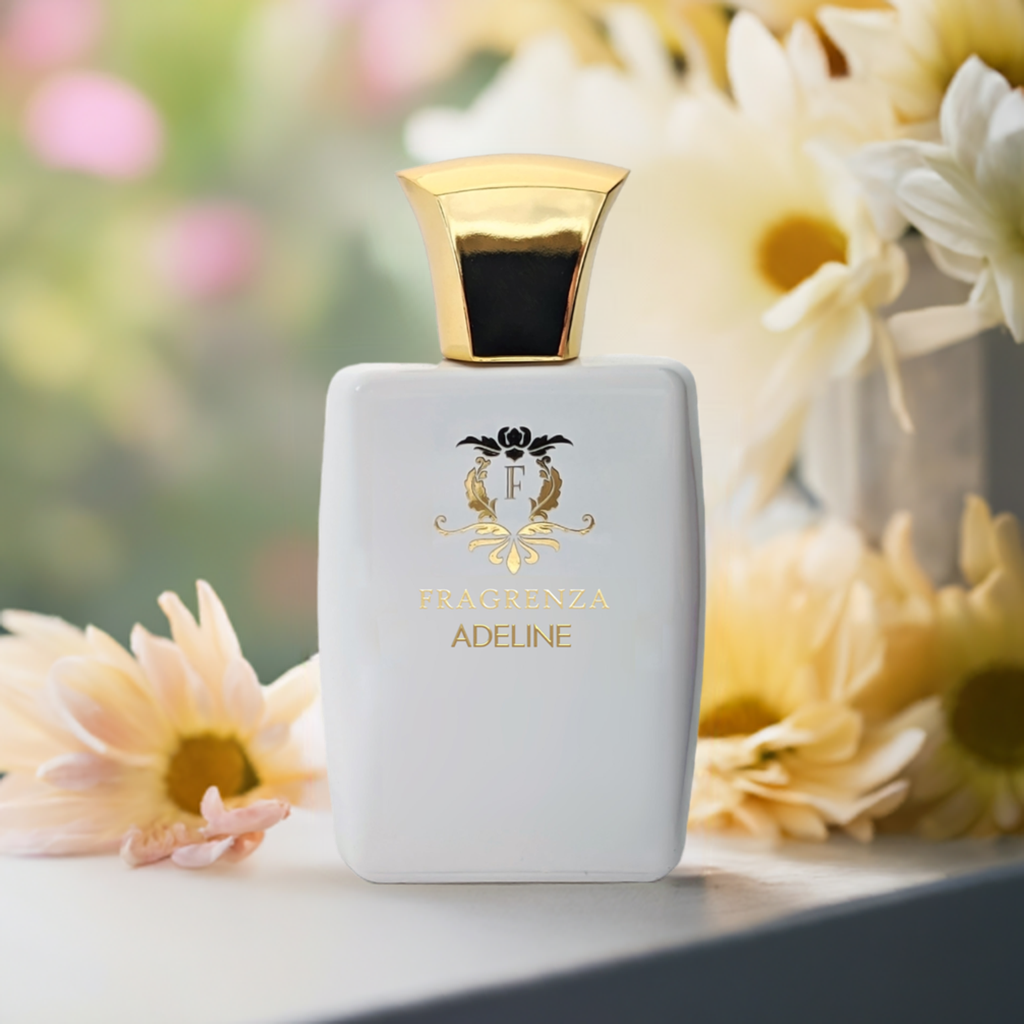
For lovers of lychee, discover the allure of Parfums de Marly's Delina Exclusif dupe. This exquisite, budget-friendly perfume encapsulates a sophisticated aroma journey. It commences with a vibrant bouquet of Lychee, Rhubarb, Bergamot, Nutmeg, then seamlessly transitions into a lush middle of Turkish Rose, Lily-Of-The-Valley, Peony. The fragrance culminates in a deep, rich base of Vanilla, White Musk, Cashmeran, Woods, Frankincense. Embrace the luxury of high-end perfumes at a fraction of the cost and make this elegant scent your new signature.
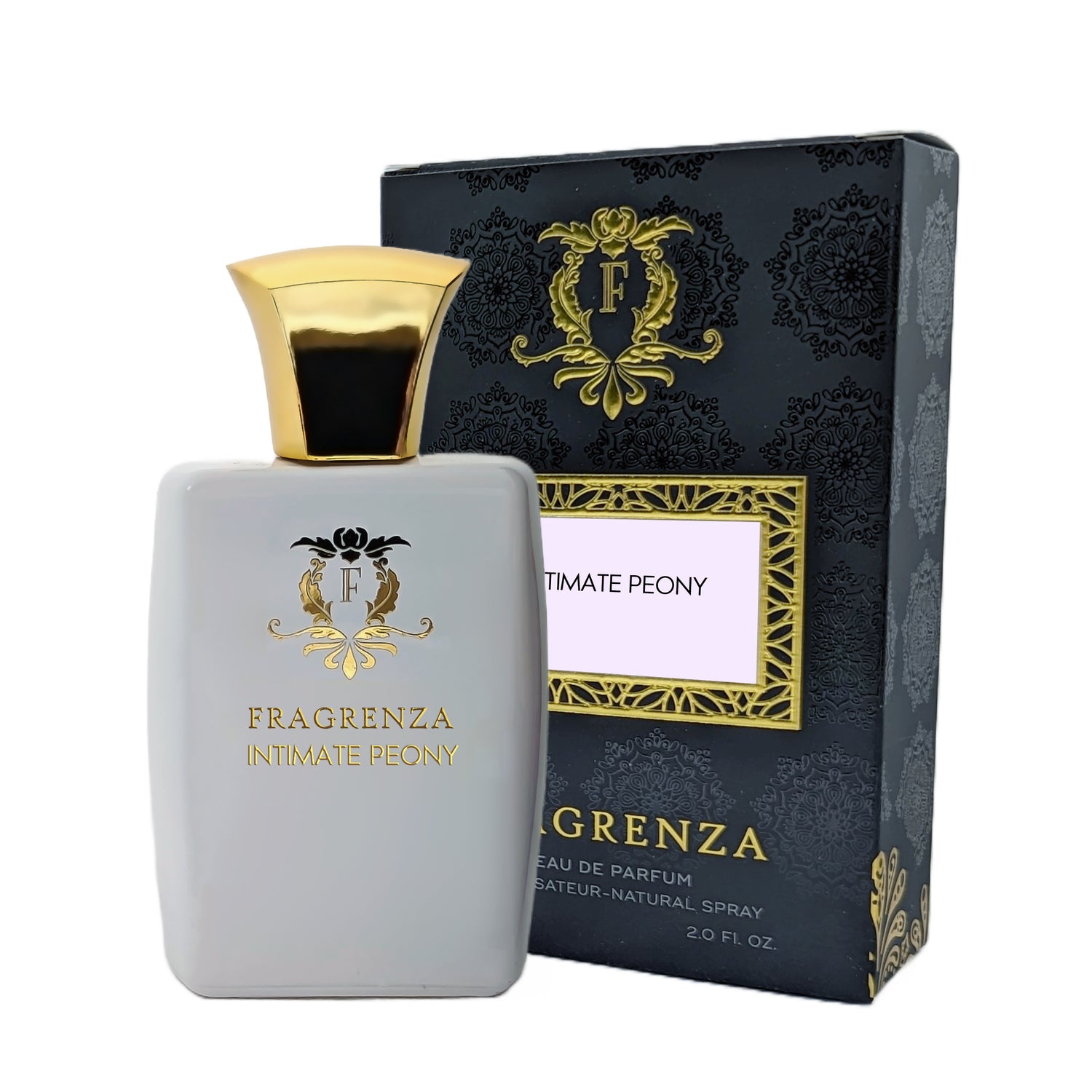
If you love the scent of bigarade, you'll be enchanted by our Amouage's Dia Man dupe. This luxurious yet affordable perfume offers a sophisticated fragrance experience. It opens with a delightful blend of Bigarade, Cardamom, Incense, Labdanum, gracefully evolving into a heart of Ylang-Ylang, Orris Root, Peony, Plum Blossom. The scent journey concludes with a rich base of Vetiver, Leather, Amber, Patchouli, Rosewood. Indulge in the opulence of high-end perfumes without the extravagant price tag, and let this elegant fragrance become your new signature scent.
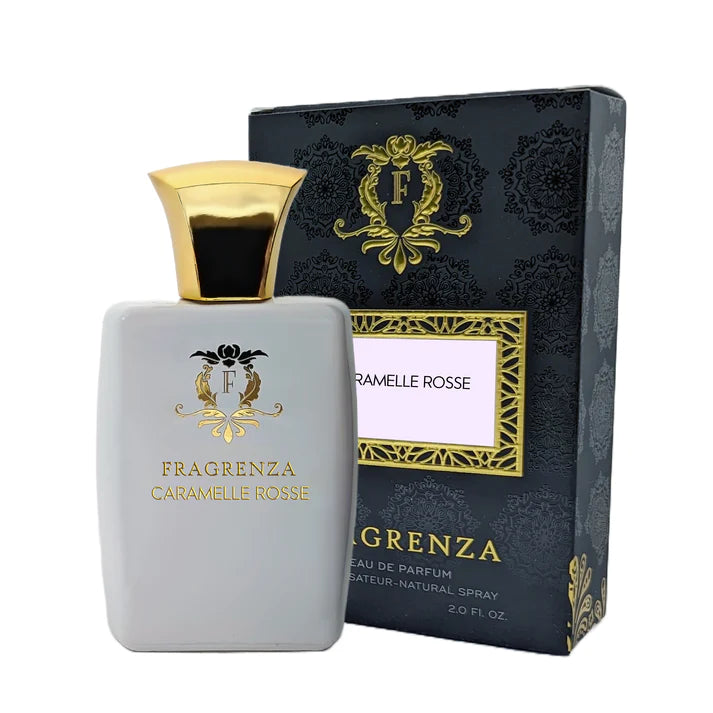
On the hunt for a perfect Baccarat Rouge 540 dupe? The popular alternative, Caramelle Rosse, is a name you'd often come across. Despite a stark contrast in bottle design and aesthetic, it's the remarkable similarity in their floral and woodsy scent profiles that stands out. As a more budget-friendly alternative to the acclaimed Baccarat Rouge 540, Caramelle Rosse has carved a niche for itself in the fragrance community, offering an unparalleled scent experience without compromising on the distinctive aroma.
Experience the majestic aroma of our dupe for Amouage's Jubilation XXV. Oudelation Man is a fragrance that captures the essence of luxury and refinement. With its blend of oud, spices, and precious woods, it creates a captivating and timeless olfactory experience.